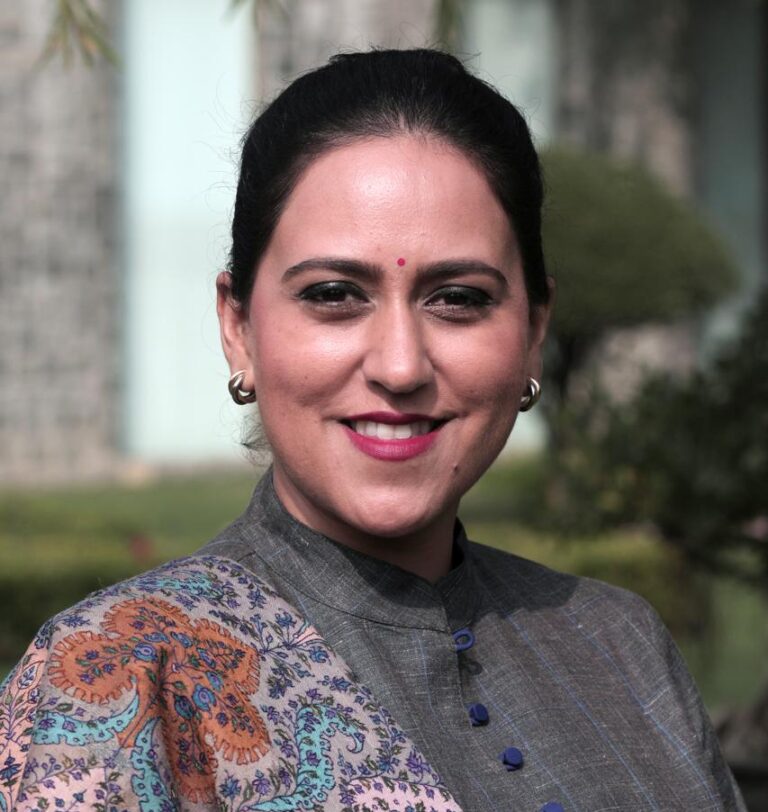Salaries have risen, but so has spending. The solution? Start investing early.
Freshers today earn more but also spend more. Picture these situations: The rent due date is approaching, basic grocery bills resemble a frantic shopping spree, and every fortnightly petrol bill leaves one gasping for air .According to NDTV Profit, after countless UPI payments, checking the account balance becomes a dreaded task. The starting salary that once looked lavish suddenly does not have enough zeroes in it.
The news outlet reported that entry-level salaries have jumped significantly in recent years. Foundit reports that the average salary has risen to Rs 3 to 6 lakh per year. “There has been a significant jump of 25-33% in the salary of the workforce aged 21-30,” said Chitra Sumbrui, senior vice president at Brijj. This increase has been driven by high-growth sectors such as technology, digital marketing, and e-commerce. However, cities, especially metro areas, have seen a rapid increase in the cost of living. “Base-level salaries have increased, but inflation adjustment is only limited to certain industries,” said Suchita Dutta, executive director of the Indian Staffing Federation.
.The NDTV Profit reported that start with a systematic investment plan (SIP) as early as you can. The amount you invest does not matter as long as you stick to an SIP and stay invested. For instance, a fresher who took a job in 2019 with a Rs 4.5 lakh salary per annum started an SIP of Rs 7,500, which is 20% of their salary, in a direct Nifty 50 index fund. Starting early allows you to control the variables of time and amount in your favor, according to Santosh Joseph, founder of Germinate Investor Services.
















